In a groundbreaking model, researchers suggest that dark matter—a mysterious substance comprising about 80% of the universe’s matter—may have been produced before the Big Bang during an ultra-brief phase of cosmic inflation.
This theory, developed by scientists from the University of Texas, is detailed in Physical Review Letters.Dark matter has long puzzled physicists, as it eludes direct detection. Traditional models often propose its production through interactions with a thermal bath of particles, with its abundance explained via “freeze-out” or “freeze-in” mechanisms. In freeze-out, dark matter reaches equilibrium with other particles early on, while freeze-in assumes minimal interaction, leaving dark matter out of equilibrium.
The new model, termed “Warm Inflation via ultraviolet Freeze-In” (WIFI), introduces a novel perspective: dark matter could emerge from interactions in a hot, energetic environment during inflation—a rapid exponential expansion of the universe approximately 45 years ago in cosmological theory. Unlike previous models, where inflation dilutes early matter, WIFI posits that dark matter persists through inflation.
The theory also challenges the traditional concept of the Big Bang singularity, suggesting instead that inflation preceded the Big Bang. In this scenario, the universe would have been a finite size (~10⁻²⁶ meters in diameter) before standard particle production processes began.Lead researcher Katherine Freese highlights the model’s uniqueness: “In most models, anything created during inflation is diluted away by exponential expansion. In ours, dark matter successfully forms during this period.
“While WIFI’s predictions remain untested, upcoming cosmic microwave background experiments could confirm its associated “warm inflation” phase. Co-author Barmak Shams Es Haghi notes its broader implications, potentially explaining other early-universe phenomena.This model opens new avenues in the quest to unravel dark matter’s origins and the mysteries of cosmic inflation.


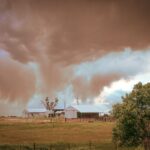





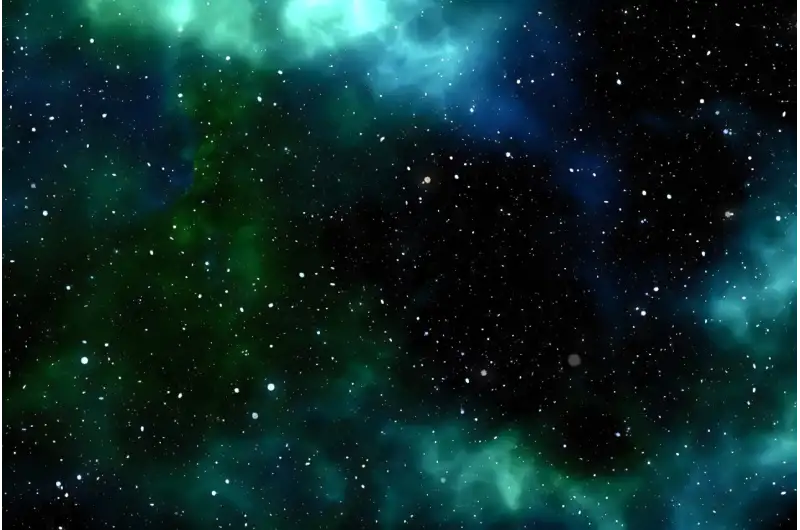
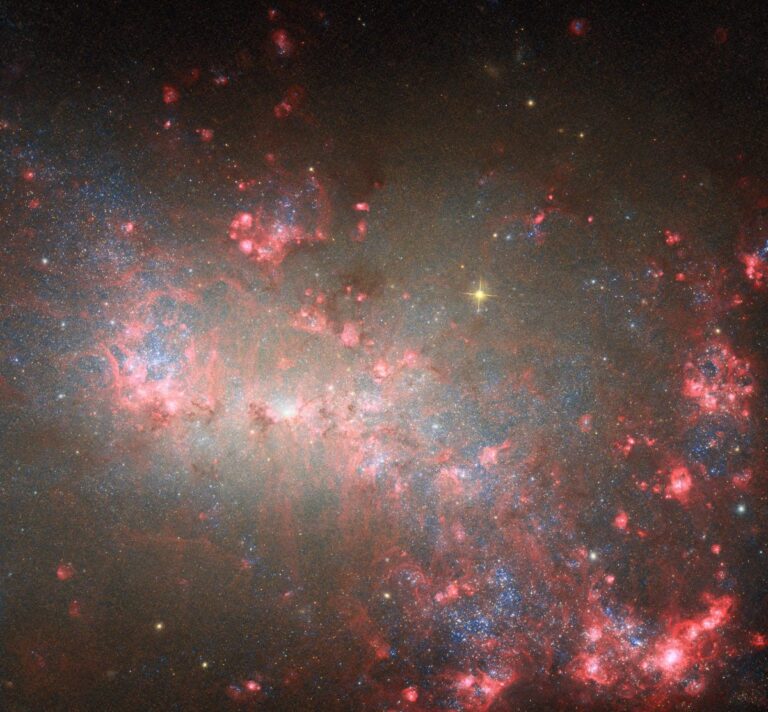


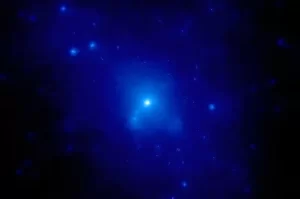
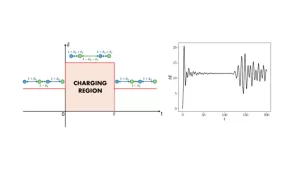


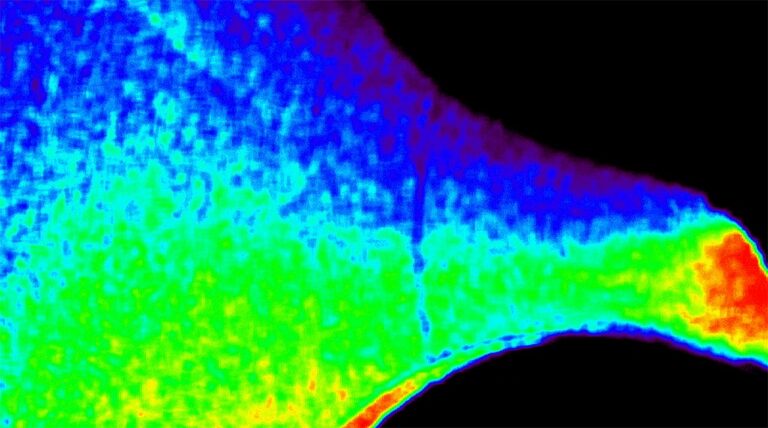
+ There are no comments
Add yours